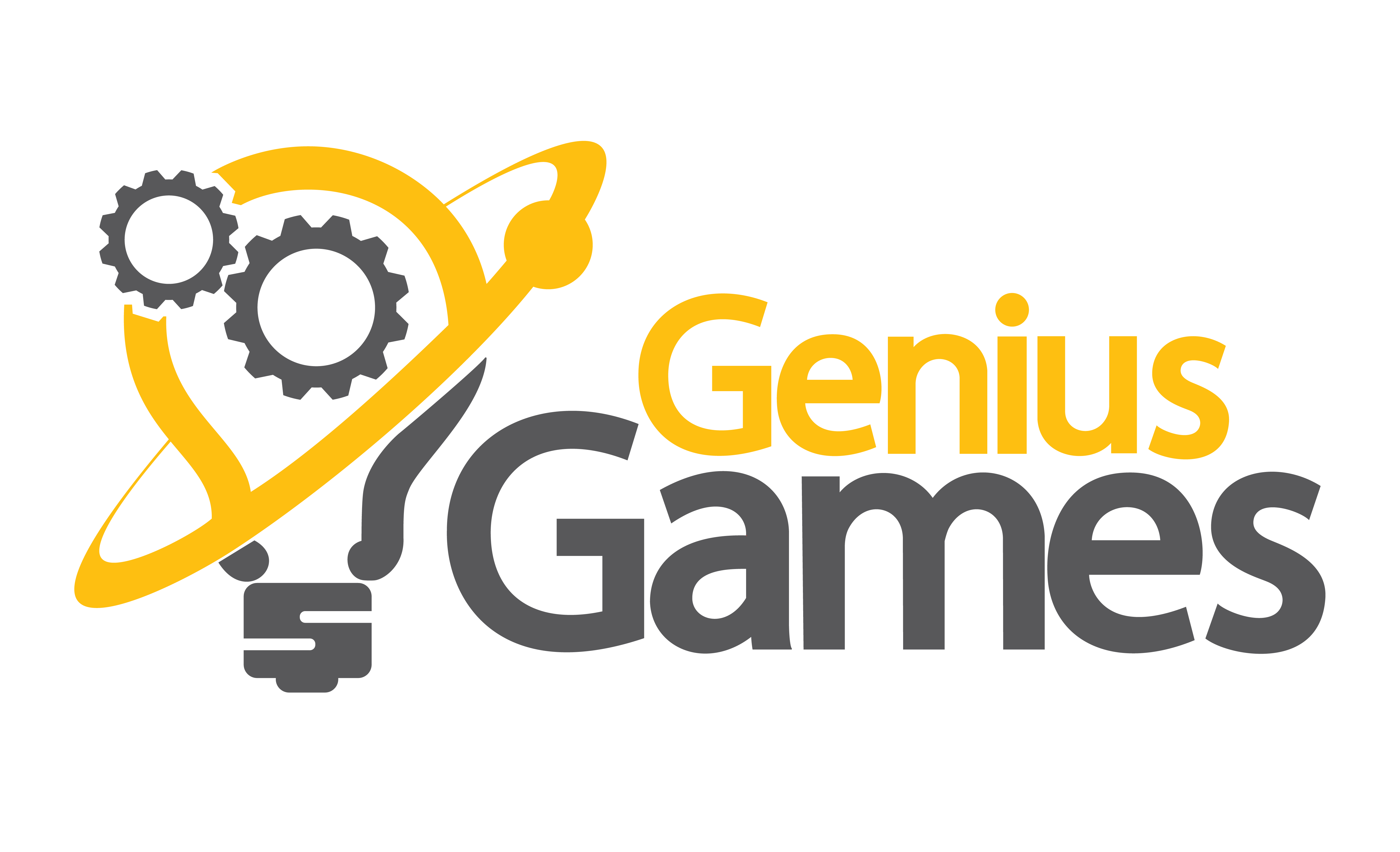The reviews are unanimous: Cytosis combines stellar artwork and design with a great thematic concept and accurate science in a worker placement board game that makes learning truly fun—for kids, families and even microbiologists. This game gives players not only an education in cell biology, but also the opportunity to utilize gaming and life strategies like planning ahead and resource allocation. Let’s take a closer look.
A Great Way to Easily Understand A Complex Science
Cytosis: A Cell Biology Game is a worker placement game that takes place inside a human cell. Players take turns placing workers on available organelles within a human cell in order to collect resources, such as carbohydrates or ATPs (Adenosine triphosphate, the energy-carrying molecule found in the cells of all living things) or take actions such as purchasing Cell Component cards, translating mRNA into proteins, and completing tasks for points to win the game.
Players learn about cell biology processes and cell biology concepts and components including the nucleus, free ribosomes, smooth ER, rough ER, Golgi apparatus, plasma membrane, mitochondria, enzymes, hormones, receptors, cell detoxification, antibodies and viruses. Players use their resources to build Enzymes, Hormones, and Hormone Receptors and also to help detoxify the cell—all of which score health points. The player with the most health points at the end of the game wins! 
What do kids learn?
Cytosis comes with several pages detailing the cell science and processes being learned during gameplay and was reviewed by 20 doctorate-level scientists for accuracy. Between the reading and gameplay, participants learn:
• Cell parts (nucleus, plasma membrane, mitochondria, ribosome, cytoplasm, Golgi apparatus)
• Processes that occur in a cell (alcohol detoxification, lipid synthesis, steroid hormone synthesis, ATP production, receptor synthesis, DNA transcription, exocytosis)
• How these processes progress through a cell and what they need to happen: lipids, carbs, proteins, mRNA, ATP (ATP captures chemical energy obtained from the breakdown of food molecules and releases it to fuel other cellular processes—the building blocks of life).
Cytosis is an explicitly well-defined game-schooling activity, an engaging hands-on teaching and learning tool for these biological outcomes. Cytosis explains complex biology in a straightforward format and reinforces terminology, cell parts, functions, interrelationships and processes. The theme is well integrated; as you decide on actions, you are literally collecting resources the cell needs and moving them through the cell to complete real processes.
Who Can Play
The age recommendation of 10 years+ is accurate; playing time can last from 60 to 90 minutes Most modern school curricula listed this cell science knowledge for grades 6-9 (ages 12-15 years).
Additionally, the virus expansion adds more complexity, expanding learning and entertainment older kids and adults. While anywhere from two to six players can join in, the greater number of players increases both the speed and competition level of the game—more players (or even small teams of two or three), the more excitement and more strategic planning required. Also, the opportunity to earn more points—by yourself and by others’ efforts too. Genius Games offers an add-on—the Custom Macromolecule Pack—to enhance play.
Nuts and Bolts
The Cytosis format includes worker placement and set collection. If you’re not a board gamer, that may mean nothing to you and that’s ok. It’s not hard.
Worker placement just means that on your turn, you take an action using your own set of tokens, specifically colored wooden flasks. Each player has their own color and four flasks to play per round. Where you place your flask determines your next step: picking up cards, collecting resources like lipids or carbohydrates, detoxing an organelle, completing goals, etc.
Set collection consists of collecting cards to earn points in specific ways, i.e., in sets. For example, you might try to collect the most Enzyme cards to maximize your points. Or maybe you’ll go for Protein Hormone cards, which have high individual point scores. You can earn bonus points off the activities that other players complete—as can they on your activities.
As always, there are multiple strategies to winning and some luck involved, which evens the playing field when playing with players of different ages and or abilities. It also makes the game very re-playable, as you could choose different courses of action, plus different goals and events to change up the game each time you play.
Final Word
Cytosis can be bit of overwhelming fresh out of the box and the terminology can seem daunting at first. But it’s actually a deceptively simple game play (for tweens up to adults) with an excellent, well integrated science theme and lots of ongoing activities with events and goals (which you could easily leave out while you learn the main game play). The design is so clever, you’re not even aware how complex the actual science is—you’re having too much fun!
Under the Tree
Cytosis—and the Cytosis Bundle— are excellent choices for holiday gift giving, not only for students but for the entire family. As a stand-alone, Cytosis: A Cell Biology Game is $39.99. The Cytosis Bundle increases both the challenge of the game and provides additional player pieces and learning opportunities:
• The Virus Expansion expands upon the base game for Cytosis. The expansion adds Influenza, Rhinovirus and Ebola. Players may play ATPs to build up their antibodies to each of the three viral strains. When a Virus attacks, all players roll a number of antibody dice according to their level of health and add it to the antibodies they've accumulated throughout the game. The player with the highest antibody response gains resources while the player with weakest antibody response loses resources. ($14.99)
• The Custom Macromolecule Pack add-on provides wooden pieces with the chemical structure of all the macromolecule resources for Cytosis. This upgrade pack ($11.99) includes:
18 mRNA resources
18 Protein resources
15 Lipid resources
15 Carbohydrate resources
You can see why the Cytosis Bundle—now on sale for $54.99—is a great value and a great idea for the Holiday Season. And it’ll keep the kids engaged all through the holiday break!








